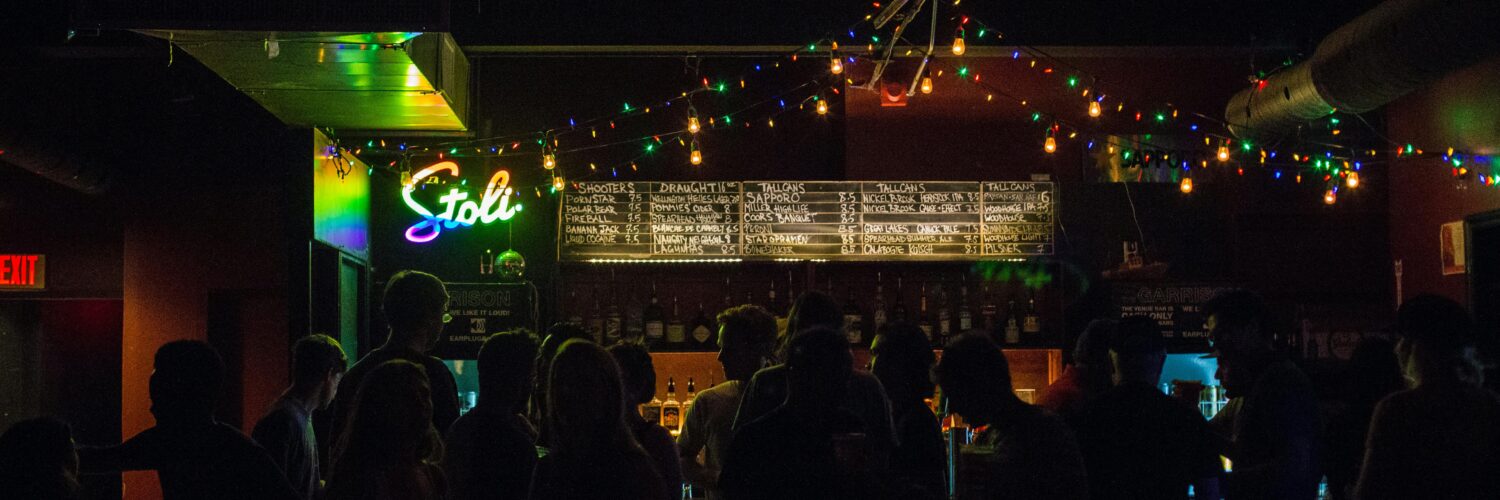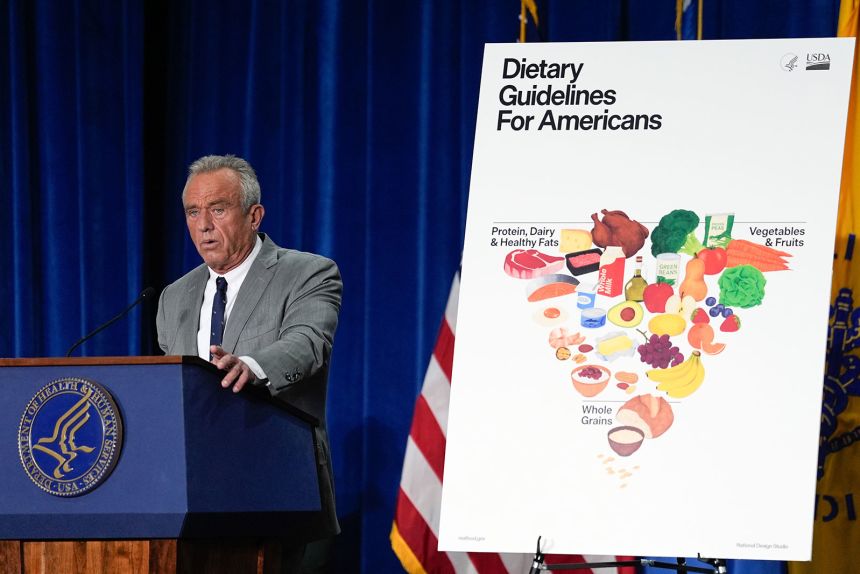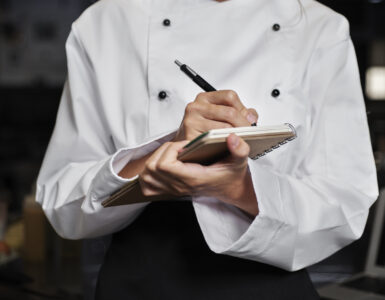Serving Alcohol Comes With Heightened Risks
Florida’s restaurant industry stands out as one of the most dynamic in the United States. From the lively nightlife of Miami to the tourist-centered dining scene in Orlando, full-service restaurants with bars are not merely places to eat, they serve as social hubs where patrons gather to celebrate, network, and enjoy entertainment. While the addition of a bar can significantly boost revenue, it also brings unique exposures that traditional restaurant insurance policies may not fully cover.
Alcohol service inherently increases the risk profile of a restaurant. Incidents such as intoxicated guests leaving the premises and causing accidents, verbal or physical altercations between patrons, or alcohol-related injuries on-site can escalate quickly into expensive legal claims. These situations are rarely mitigated by standard general liability insurance. For restaurant owners operating full bars in Florida, liquor liability insurance is not just an added layer of protection, it is a critical safeguard against financial loss, legal action, and long-term reputational harm.
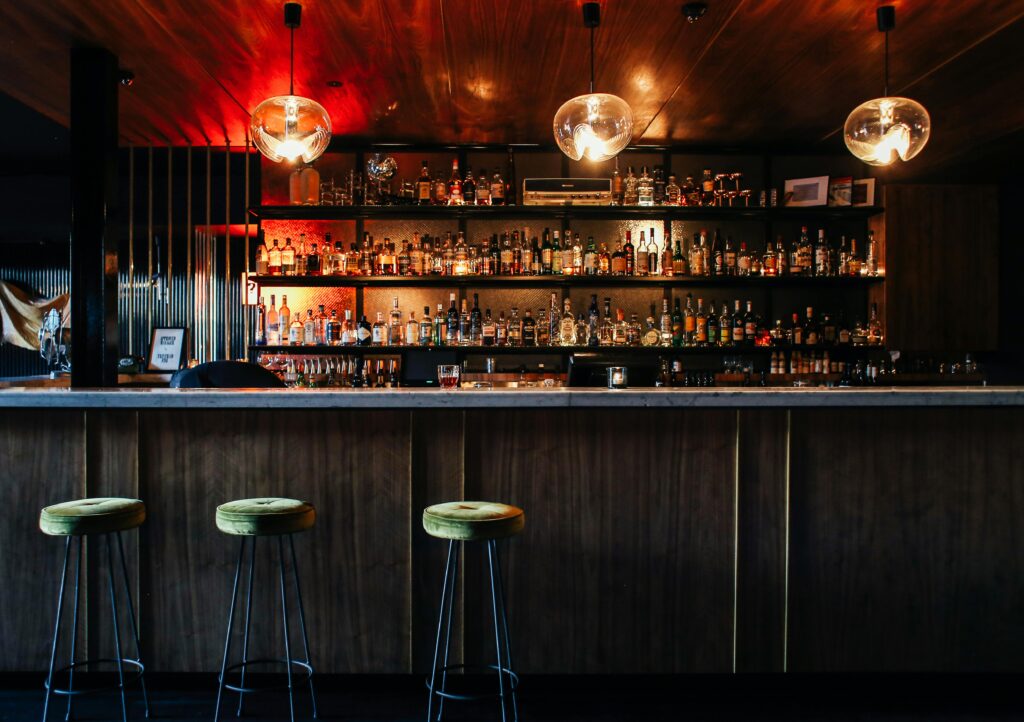
Protecting Your Business with Liquor Liability Insurance
Liquor liability insurance for restaurants Florida is specifically designed to address claims stemming from alcohol-related incidents. This coverage helps protect restaurants against lawsuits filed due to accidents or injuries linked to alcohol consumption on the premises. For example, if a patron becomes intoxicated, leaves the bar, and causes a car accident, or if an altercation breaks out inside the restaurant due to excessive drinking, liquor liability insurance can cover legal defense costs, settlements, or judgments.
Without this specialized coverage, restaurants risk not only significant financial loss but also potential penalties from regulatory authorities, including license suspensions or revocations. Moreover, even a single high-profile claim can damage a restaurant’s reputation, leading to lost business and long-term harm to the brand. By investing in Liquor liability insurance for restaurants Florida, owners gain peace of mind knowing that their business is protected against these unique exposures, allowing them to focus on serving customers and growing their establishments confidently.
Florida’s Legal Framework for Liquor Liability
Dram Shop Laws in Florida
Florida’s approach to alcohol-related liability is distinct from many other states. Under Florida Statutes §768.125, commonly referenced as the state’s dram shop provision, restaurants and bars are generally not automatically liable for serving alcohol to an intoxicated adult. At first glance, this may seem like a layer of legal protection for restaurant owners, but there are key exceptions that must be understood.
Restaurants and bars can be held liable if they serve alcohol to a minor under 21 years of age. Additionally, liability applies if the establishment knowingly serves alcohol to someone who is habitually addicted to alcohol. While these scenarios are narrower than in many other states, they are far from rare. Misunderstanding the scope of Florida’s dram shop laws can create a false sense of security for restaurant owners who believe that general liability coverage is sufficient.
The Role of Civil Litigation
In reality, civil litigation surrounding alcohol-related incidents is a common and costly risk. Personal injury attorneys often test the limits of Florida’s dram shop laws by targeting the last establishment where alcohol was served when a victim is injured in a drunk driving accident or alcohol-related altercation. Even if a restaurant is ultimately found not liable, the legal defense alone can cost hundreds of thousands of dollars, potentially jeopardizing the business’s financial stability.
This is where Liquor liability insurance for restaurants Florida becomes essential. Such coverage ensures that legal defense costs, settlements, and judgments stemming from alcohol-related claims are managed without threatening the restaurant’s operations. By securing this specialized insurance, restaurant owners protect both their financial future and their reputation, ensuring that one incident does not derail years of hard work.
Why Full Bars Face Greater Risk
Alcohol as a Core Revenue Driver
For many full-service restaurants in Florida, alcohol sales are not a supplementary offering, they are a major source of revenue, often accounting for 30% to 50% of total income. This reliance on alcohol amplifies exposure to risk: more patrons consuming higher volumes of drinks increases the likelihood of incidents ranging from minor disputes to severe accidents. The financial upside of a bustling bar comes with an equal need for vigilance and protection.
Common Scenarios That Lead to Claims
Restaurants with full bars are uniquely vulnerable to incidents that can trigger costly claims. Typical scenarios include:
- DUI accidents: A patron leaves the restaurant intoxicated, causes a car accident, and the injured parties sue the establishment.
- Fights on premises: Alcohol consumption escalates tensions among patrons or staff, leading to physical altercations and subsequent injury claims.
- Property damage: Intoxicated guests may inadvertently damage vehicles, furniture, or other property, resulting in liability claims.
- Underage drinking: Mistakenly serving alcohol to minors due to oversight or fake identification can expose the restaurant to fines, license suspension, and civil liability.
Each of these incidents, even when rare, can result in substantial financial losses, legal fees, and reputational damage.
Regulatory Exposure
Operating a bar in Florida also entails strict adherence to state and local alcohol licensing regulations. Violations, whether due to underage service, overserving, or unsafe premises, can lead to severe penalties, including fines or the suspension of liquor licenses. A suspended license can effectively halt a significant revenue stream, threatening the overall sustainability of the business.
Liquor liability insurance for restaurants Florida not only covers legal claims arising from alcohol-related incidents but also demonstrates a commitment to responsible business practices. It provides an essential safeguard, helping restaurants navigate both the legal and regulatory landscape while maintaining financial stability. With this coverage in place, owners can focus on growing their business and creating safe, enjoyable experiences for patrons.
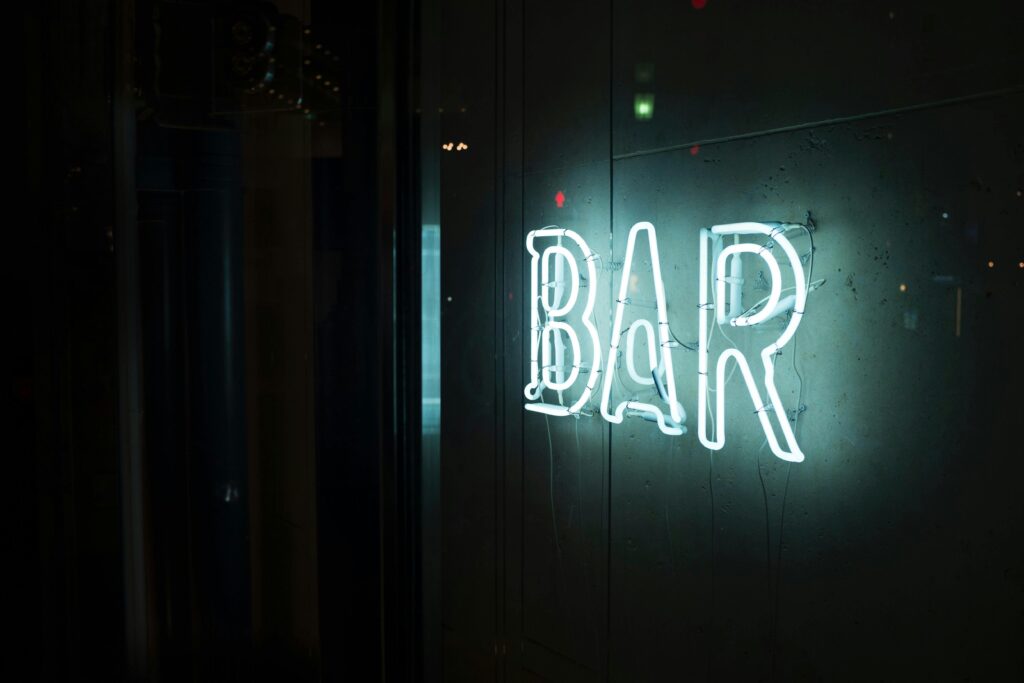
What Liquor Liability Insurance Covers
Beyond General Liability
Many restaurant owners mistakenly assume that general liability insurance is sufficient to protect their business. While general liability is essential for covering accidents, slip-and-fall incidents, or property damage unrelated to alcohol, it does not extend to alcohol-related claims. This is where Liquor liability insurance for restaurants Florida becomes indispensable, filling a critical coverage gap that protects both the business and its owners from substantial financial exposure.
Typical Liquor Liability Coverage
Liquor liability policies are specifically designed to handle claims stemming from alcohol service. Standard coverage typically includes:
- Legal defense costs: Covers attorney fees, court expenses, and settlement negotiations, which can quickly escalate in high-profile cases.
- Bodily injury claims: Provides protection for medical expenses and damages incurred by third parties injured as a result of an intoxicated patron.
- Property damage claims: Pays for damage caused by patrons under the influence, whether inside the restaurant or on associated property like parking lots.
- Assault and battery incidents: Many liquor liability policies also include coverage for fights or violent altercations that occur on premises, shielding the restaurant from costly claims.
Financial Security and Continuity
Alcohol-related lawsuits can reach six- or even seven-figure sums, creating a financial risk that few restaurants can withstand without insurance. A single claim could threaten operations, or worse, force permanent closure. By securing Liquor liability insurance for restaurants Florida, owners gain essential financial stability and business continuity, ensuring that the restaurant can survive unexpected incidents while protecting its reputation and ongoing revenue.
The True Cost of Skipping Liquor Liability Coverage
Legal Expenses
Even when a restaurant ultimately prevails in court, defending against alcohol-related claims can be financially devastating. Personal injury attorneys specializing in alcohol-related incidents are often aggressive, and legal defense costs, including attorney fees, court filings, expert witnesses, and depositions, can escalate quickly into the hundreds of thousands of dollars. For many small or mid-sized establishments, these expenses alone can strain cash flow and threaten ongoing operations.
Settlements and Judgments
Courts may award damages to injured parties, and in many cases, restaurants opt to settle to avoid prolonged litigation. Without liquor liability insurance, restaurant owners face the prospect of paying these settlements or judgments out-of-pocket, potentially putting personal assets at risk. Coverage from a specialized policy ensures that both legal defense and financial liabilities are managed without compromising the restaurant’s stability.
License and Business Risk
Alcohol-related incidents often attract public attention. In Florida, regulatory authorities take violations seriously, and repeated or high-profile incidents can result in liquor license suspensions or fines. Losing a license, even temporarily, can halt a major source of revenue for full bars, creating significant operational disruption. Proper insurance demonstrates a proactive approach to risk management, helping restaurants navigate regulatory scrutiny more effectively.
Reputation and Customer Trust
Community trust is one of a restaurant’s most valuable assets. Patrons expect a safe, responsible environment when consuming alcohol. News of overserving, underage sales, or alcohol-related incidents can spread quickly in today’s digital age, potentially damaging reputation and deterring repeat business. Liquor liability insurance not only protects financially but also supports responsible business practices, reassuring customers that the restaurant prioritizes their safety.
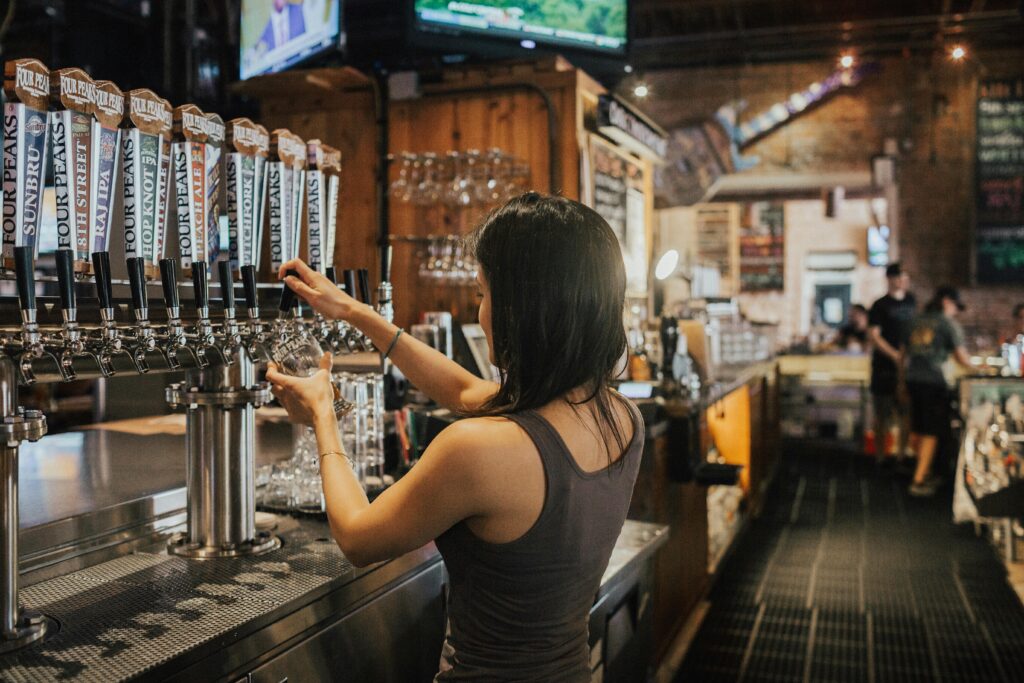
How Insurance Companies Assess Risk
Alcohol Sales Ratio
Insurance carriers carefully evaluate the proportion of revenue a restaurant earns from alcohol sales. Establishments where alcohol constitutes a significant share of total revenue, such as fine-dining restaurants with a full bar or bustling cocktail lounges, are inherently higher risk than casual or family-style restaurants with minimal alcohol offerings. A higher alcohol sales ratio often translates to more patrons consuming larger volumes, which increases the likelihood of incidents that could trigger claims.
Training and Compliance
Insurers favor restaurants that implement robust staff training and compliance programs. This includes requiring servers and bartenders to complete alcohol awareness and responsible service training, such as the ServSafe Alcohol program offered by the National Restaurant Association. Demonstrating proactive measures, like verifying IDs, monitoring consumption, and enforcing responsible service policies, can not only reduce premiums but also minimize the risk of alcohol-related incidents.
Past Claims History
A restaurant’s previous record of claims significantly impacts risk assessment. Establishments with a history of alcohol-related incidents or prior liquor liability claims are viewed as higher risk, often resulting in increased premiums. Conversely, maintaining a clean claims history signals responsible management, compliance with regulations, and a commitment to patron safety, which insurers reward with more favorable terms.
Venue Type and Hours of Operation
The type of venue and its hours of operation are also crucial factors. Late-night bars, nightclubs, and restaurants that host live entertainment or special events often carry higher premiums, as extended operating hours and high-energy environments increase the probability of altercations or overconsumption. Insurers assess these factors carefully to determine appropriate coverage levels and pricing.
By understanding how carriers evaluate these elements, restaurant owners in Florida can take proactive steps to reduce risk, demonstrate responsibility, and secure cost-effective liquor liability insurance. Effective risk management not only protects the business financially but also supports safer, more enjoyable experiences for patrons.
Pairing Liquor Liability With Other Essential Coverages
A Comprehensive Risk Management Approach
A strong insurance strategy for Florida restaurants with full bars goes beyond liquor liability insurance. While liquor liability specifically addresses alcohol-related incidents, complementary coverages help protect the business from a wider range of risks, ensuring operational continuity and financial stability.
Workers’ Compensation
Alcohol-related incidents can sometimes involve employees, whether a bartender is injured during a fight with a patron or a server slips while handling drinks. Workers’ compensation insurance ensures that employees receive medical care and wage replacement without exposing the restaurant owner to additional lawsuits. Pairing liquor liability with workers’ compensation provides a holistic approach to safety for both staff and patrons.
Commercial Property Insurance
Bars and restaurants invest heavily in their physical space and equipment. From high-end décor and sound systems to refrigeration units, glassware, and inventory, these assets are vulnerable to theft, vandalism, and accidental damage. Commercial property insurance protects these investments, ensuring the restaurant can recover quickly after unexpected losses.
Business Interruption Insurance
Alcohol-related incidents, or the consequences thereof, can sometimes force temporary closures. Regulatory investigations, property damage, or violent altercations can halt operations, resulting in lost revenue. Business interruption insurance helps replace income and cover ongoing expenses during these disruptions, safeguarding the restaurant’s financial stability.
General Liability Insurance
It is important to note that liquor liability insurance does not replace general liability. General liability covers non-alcohol-related incidents, including slips, falls, or foodborne illnesses. Together, general liability and liquor liability create a comprehensive protection plan that addresses both standard operational risks and those unique to alcohol service.
By pairing Liquor liability insurance for restaurants Florida with these essential coverages, restaurant owners can confidently manage risk, protect their staff and patrons, and maintain the financial health of their business, even in the face of unexpected incidents.
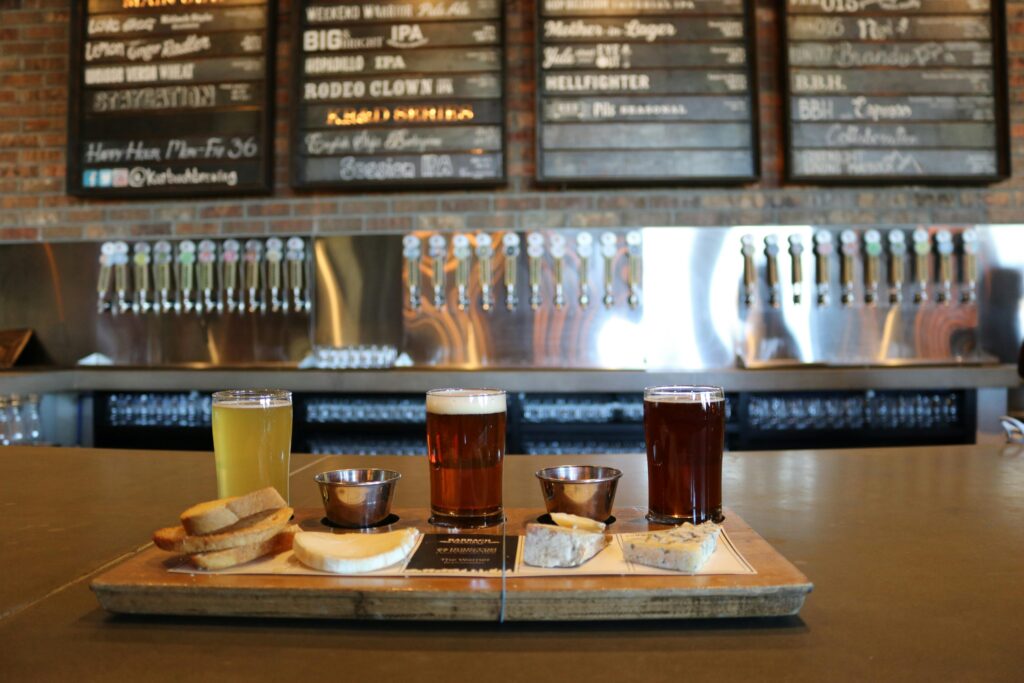
Best Practices for Reducing Alcohol-Related Risks
Staff Training
A proactive approach to alcohol-related risk begins with well-trained staff. Florida restaurants with full bars should require employees to complete alcohol awareness certification programs, such as ServSafe Alcohol. Staff should also be trained to:
- Recognize signs of intoxication among patrons.
- Enforce strict ID verification procedures to prevent underage drinking.
- Manage difficult situations calmly to prevent escalation into altercations.
Proper training not only reduces the likelihood of incidents but also demonstrates to insurers that the restaurant takes responsible service seriously, potentially lowering premiums for Liquor liability insurance for restaurants Florida.
Written Policies
Clear, written alcohol service policies are essential. Restaurants should document guidelines for serving alcohol, monitoring consumption, and responding to intoxicated patrons. Consistent enforcement of these policies shows due diligence and strengthens the business’s defense in case of claims.
Incident Reporting
Maintaining detailed records of any disturbances, overconsumption events, or alcohol-related incidents is a critical risk management practice. Comprehensive incident logs demonstrate proactive oversight and can be invaluable if a claim arises, helping to protect both the business and its owners.
Regular Risk Assessments
Restaurants should schedule periodic reviews with their insurance advisors to ensure coverage remains appropriate as operations evolve. Changes in hours, staffing, entertainment offerings, or alcohol sales volume can affect risk profiles. Regular assessments allow owners to adjust policies, confirm limits, and address gaps, ensuring continuous protection under their Liquor liability insurance for restaurants Florida policy.
Implementing these best practices not only minimizes the likelihood of alcohol-related incidents but also strengthens the restaurant’s overall risk management strategy, safeguarding both patrons and business continuity.
Case Studies: When Liquor Liability Made the Difference
Case Study 1: Preventing Financial Collapse
A Miami restaurant faced a severe challenge when a patron, after consuming alcohol on-site, caused a car accident injuring three people. Although Florida’s dram shop laws offered some limited protection, the restaurant was still named in the lawsuit. Legal defense costs quickly exceeded $150,000, a sum that could have forced the closure of the business if not for adequate insurance. Fortunately, the restaurant carried Liquor liability insurance for restaurants Florida, which covered the expenses, demonstrating how proper coverage can prevent financial collapse even in high-stakes incidents.
Case Study 2: Underage Drinking Violation
In Orlando, a server inadvertently served alcohol to a 20-year-old using a fake ID. Police intervened, and the restaurant faced fines and the threat of liquor license suspension, a situation that could have severely disrupted operations. Thanks to liquor liability coverage, the restaurant was able to cover legal costs associated with negotiating penalties, protecting both the business’s financial stability and its ongoing ability to serve alcohol responsibly.
Case Study 3: Assault in the Bar Area
A Tampa bar experienced a late-night altercation between intoxicated patrons, resulting in one individual being hospitalized and a subsequent lawsuit. In addition to covering the settlement costs, liquor liability insurance assisted the restaurant in managing public relations fallout, helping to preserve the establishment’s reputation within the community. This case highlights that liquor liability coverage provides not only financial protection but also supports reputation management after high-profile incidents.
These real-world examples illustrate the critical role that Liquor liability insurance for restaurants Florida plays in safeguarding both business operations and long-term sustainability. From legal defense and settlements to license protection and reputational risk, proper coverage ensures that a single incident does not jeopardize years of hard work and investment.
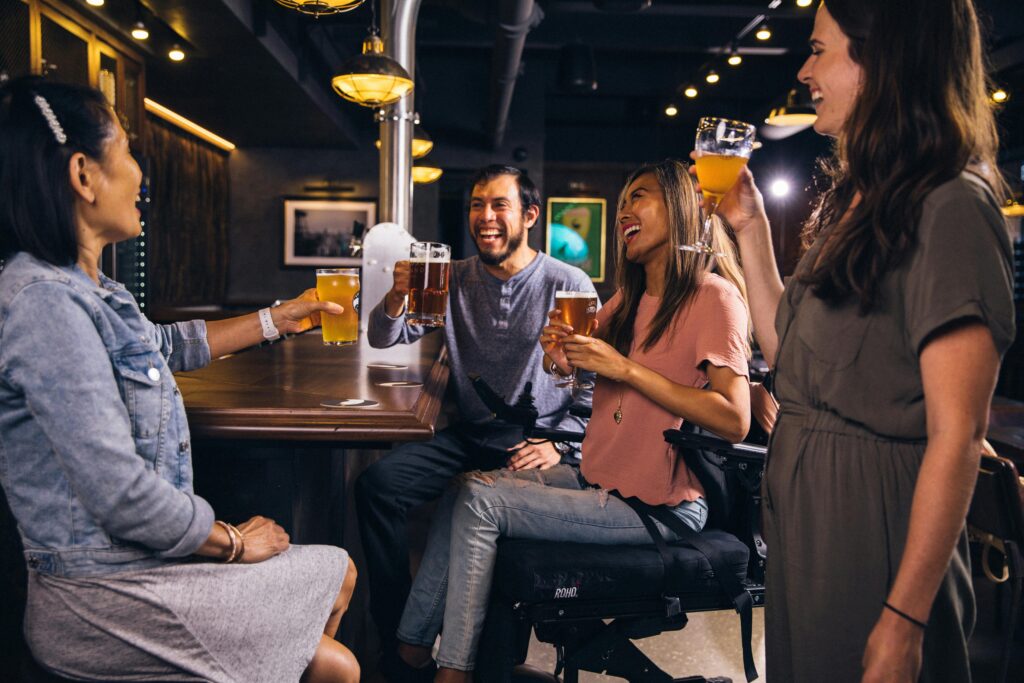
Frequently Asked Questions About Liquor Liability Insurance
Is liquor liability required by law in Florida?
No, Florida does not legally mandate liquor liability insurance. However, it is widely recognized as a best practice for risk management. Many landlords, lenders, and commercial lease agreements require restaurants to carry this coverage as a condition of tenancy or financing. Even when not legally required, having liquor liability insurance helps protect both the business and its owners from costly alcohol-related incidents.
Does general liability insurance cover alcohol-related claims?
No. Standard general liability insurance excludes claims arising from alcohol service. Injuries, property damage, or altercations caused by intoxicated patrons are not covered under general liability. Only Liquor liability insurance for restaurants Florida provides protection for these specific risks, covering legal defense, settlements, and judgments related to alcohol incidents.
Are insurance premiums high for liquor liability?
Premiums vary depending on multiple factors, including the percentage of alcohol sales, the restaurant’s claims history, and the risk management practices in place. Establishments with strong employee training programs, clear service policies, and a history of safe operations often qualify for lower rates, making this coverage both essential and cost-effective for Florida restaurants.
Can liquor liability be bundled with other policies?
Yes. Many insurance carriers offer package policies that combine liquor liability with general liability, commercial property, and workers’ compensation coverage. Bundling policies can simplify management, reduce overall premiums, and ensure that all aspects of the restaurant’s risk profile are addressed under a comprehensive plan.
Implementing Liquor liability insurance for restaurants Florida not only protects financial stability but also demonstrates a commitment to responsible alcohol service, legal compliance, and patron safety.
Resources for Restaurant Owners
Florida restaurant owners seeking to strengthen their risk management strategy and better understand liquor liability insurance can turn to several authoritative resources:
- U.S. Small Business Administration (SBA): Offers guidance on business regulations, compliance, and risk management best practices for small and medium-sized establishments. The SBA’s resources help restaurant owners navigate legal and operational requirements effectively.
- National Restaurant Association (NRA): Provides alcohol awareness training, certification programs, and compliance guidelines tailored for restaurants. Programs like ServSafe Alcohol help staff identify signs of intoxication, enforce ID verification, and serve alcohol responsibly, which can also reduce insurance premiums.
- Insurance Information Institute (III): Delivers insights into liability insurance, industry trends, and claims data. The III helps restaurant owners understand coverage options, risk assessment practices, and the importance of specialized policies like Liquor liability insurance for restaurants Florida.
Leveraging these resources allows restaurant owners to stay informed, maintain compliance, and implement effective policies that minimize alcohol-related risks while optimizing insurance coverage.
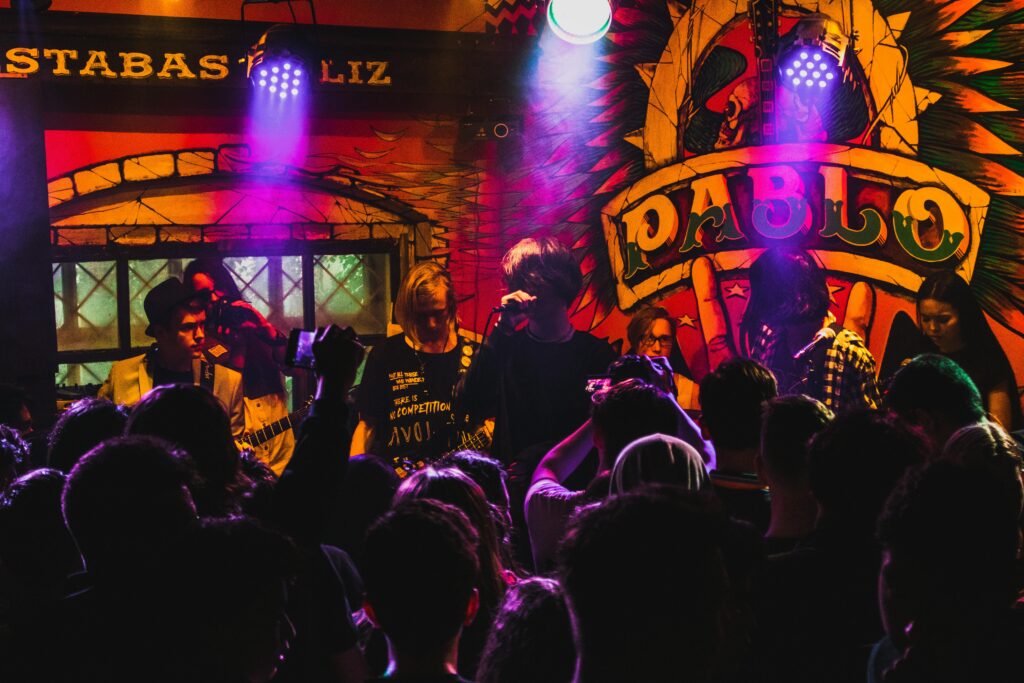
Moving Forward
Operating a full-service restaurant in Florida requires balancing opportunity with responsibility. Alcohol service can be a significant revenue driver, but it also introduces risks that, if unmanaged, can threaten both financial stability and long-term reputation. For this reason, Liquor liability insurance for restaurants Florida is not merely an added expense, it is a strategic investment in security, regulatory compliance, and business continuity.
Restaurant owners who work with Commercialize Insurance Services (CIS) gain access to expert guidance in evaluating risk, tailoring coverage, and combining liquor liability with other essential policies such as general liability, workers’ compensation, property insurance, and business interruption coverage. This comprehensive approach ensures that both patrons and staff are protected, while the restaurant’s assets and reputation remain secure.
By prioritizing liquor liability insurance, Florida restaurant owners position themselves to handle unexpected events confidently, maintain regulatory compliance, and preserve customer trust. Ultimately, investing in Commercial Insurance Services (CIS) recommended coverage safeguards the restaurant’s future, enabling owners to focus on growth, customer experience, and operational success.
To learn more, visit https://usa-cis.com/ or contact one of their knowledgeable agents Today

